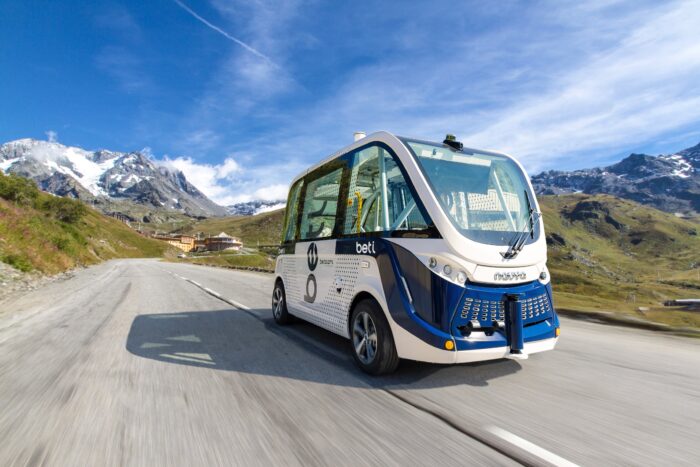For more than half a century the motor car has been one of the success stories of French manufacturing industry. Even if it is no longer as true as it once was that “if Renault sneezes, France catches cold”, now that services account for an ever larger share of the economy and the car industry is increasingly automated (today it accounts for only 1.3% of French jobs), the sector retains a symbolic importance in the public mind.
Nevertheless, as Pierre Bonnaure and Véronique Lamblin argue here, the car is changing rapidly, both outside and inside (with greater use of electronics). This is in response to the expectations of consumers, rising safety standards, environmental concerns, etc., and car manufacturers are therefore being forced to be more and more innovative. Added to this are the prospect of fossil fuel reserves running out, which raises the question of how vehicles should be powered in future, and the emergence on world markets quite soon of major vehicle manufacturers in developing countries such as China and India.
Against this background, competition is likely to be fierce and investment in research, especially, must no longer be put off, in France and more generally in the rest of Europe.
The Automobile of Tomorrow. Stakes and Prospects
Cet article fait partie de la revue Futuribles n° 311, sept. 2005



